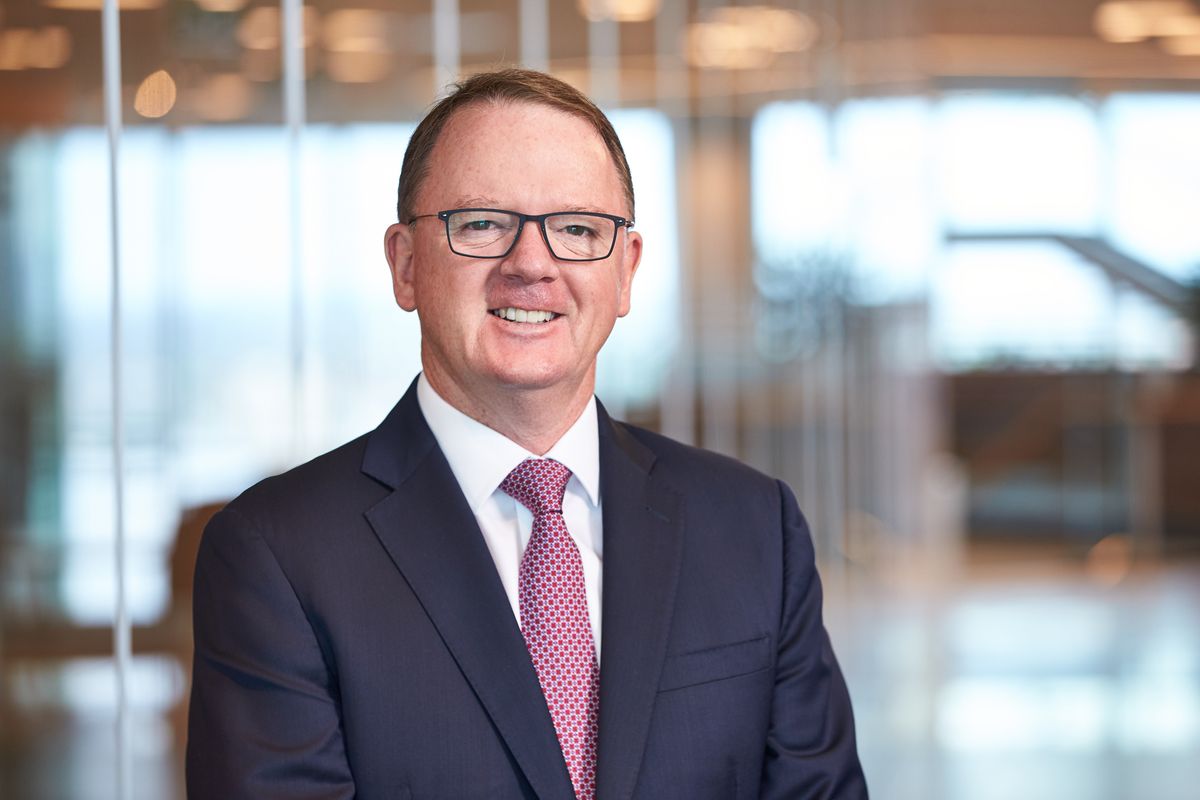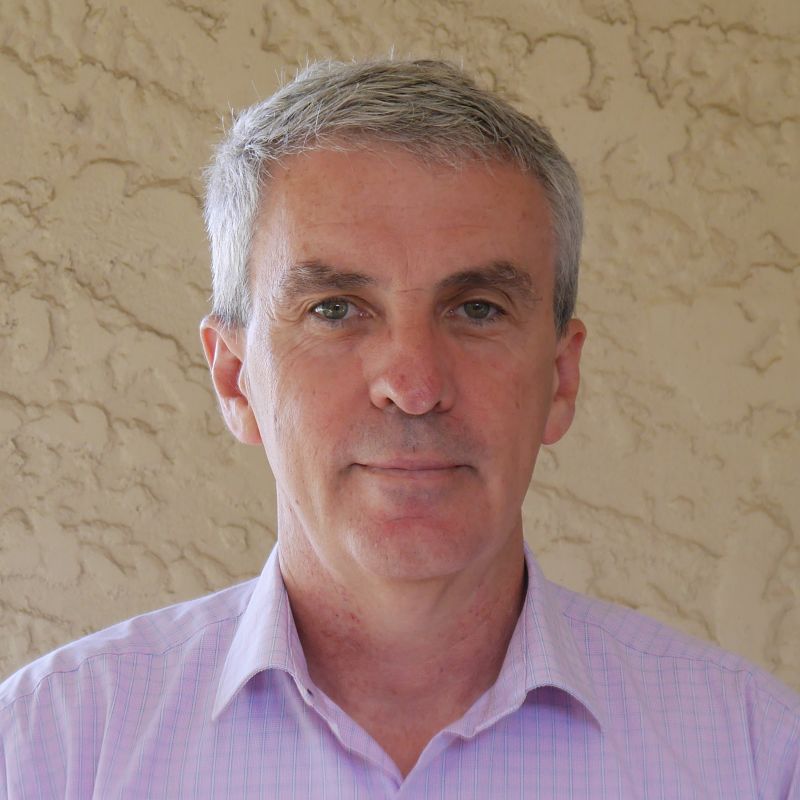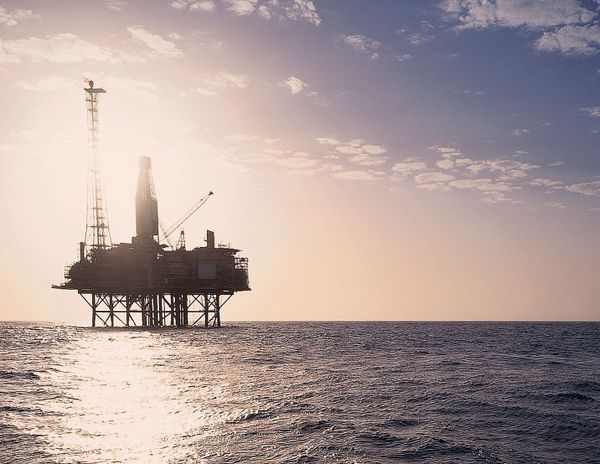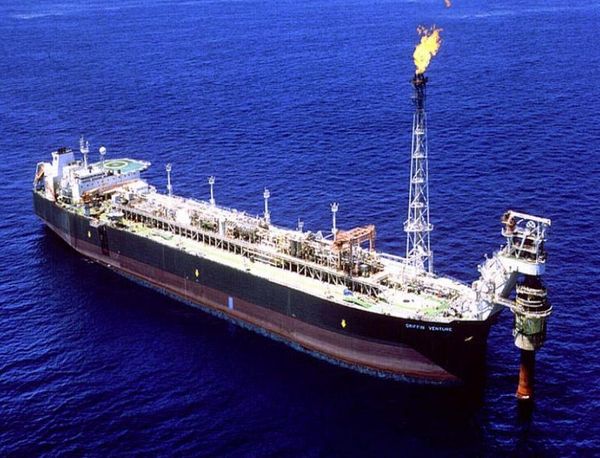Coleman wants to drive Woodside like an F1 car
Red Bull F1 driver Daniel Ricciardo plans his corners three turns out according to Woodside boss Peter Coleman, who wants to run his LNG plants the same way.

This story was originally published in The West Australian on 20 February 2017 with the headline "Woodside’s winning formula." © Peter Milne.
Red Bull F1 driver Daniel Ricciardo plans his corners three turns out according to Woodside Petroleum chief executive Peter Coleman, who wants to run his LNG plants the same way.
“His team is continually monitoring the performance of his motor vehicle to get the optimum performance. We said, ‘let’s try to do that to Pluto’,” Mr Coleman said.
Mr Coleman told West-Business that Woodside needed to predict problems rather than react to them. With this new approach, the Pluto LNG plant in Karratha now achieves 99.8 per cent reliability.
Traditionally oil and gas companies operated their plants on alarms, he said. A high temperature or a low-pressure alarm would sound in the control room, and operators would deal with it.
There was little other information about the plant’s operations. Now the Pluto plant generates 160,000 pieces of data a second.
“Data analytics allowed us to analyse the plant as a whole body as distinct from separate parts,” Mr Coleman said.
To convince their staff that a new approach could work, Woodside set up a three-day blind test between their engineers and data analysis consultants from Accenture in Singapore to solve a past problem in one of their plants.
“The Accenture team won, and so we then got the believers,” he said.
To apply the new predictive approach Woodside first had to improve its collection of data.
Woodside was gathering data the same way it did 50 years ago, Mr Coleman said. An operator would walk around the plant writing down numbers from gauges.
Wiring all the sensors back to a central point was expensive.
However, help from the CSIRO team that helped invent wi-fi allowed the sensors to be connected wirelessly. Engineers in Perth now come into work and see a dashboard on their screen with red and green lights driven by predictions from the data analytics.
“We can see things starting to move, and we say OK if this keeps going for two or three days this will end up in a problem — we start to correct now,” Mr Coleman said.
The engineers in Perth advise the plant operators in Karratha.
Technically the Pluto plant could be controlled from Perth, but Woodside has chosen not to.
“At the moment we don’t have the cyber security systems in place we’re comfortable with,” Mr Coleman said.
The data analytics on Pluto is part of a new approach to technology Woodside started several years ago to move beyond traditional engineering “hard pipe” innovation.
Mr Coleman said Woodside switched from seeing the value of the organisation in the assets to seeing value in its people and culture.
The oil and gas industry was full of opinion, but Woodside’s boss wanted decisions based on facts. Accessing those facts from the mass of company data was a problem, so Woodside employed Watson, an IBM artificial intelligence system, 2½ years ago.
“It’s a search engine with intelligence,” he said.
Watson was first used to access data gathered during the development of projects.
It is designed to maintain the corporate memory otherwise lost with retirements or simply because it could not be found.
Computing, which used to be in the finance organisation and treated as a cost, now reports to the technology organisation as a business enabler, Mr Coleman said.
“We’re not going to be an R&D organisation because we’re not big enough to do fundamental research,” he said. “However, what we will be is early adopters of it and what we’ll have is an open platform.”
LNG-powered marine support vessels and a robot partnership with NASA are two technologies Woodside are embracing now.
An open platform means Woodside will develop the technology by collaborating with others and not keep it in-house.
“Our view is a lot of that technology is better in the hands of service providers who can make that offering across a broad range of clients, so the unit costs come down, and then you get continuous improvement,” Mr Coleman said.
Woodside is still pursuing “hard pipe” innovation. Pluto’s unmanned platform is operated from the plant 150 km away.
For future developments, Woodside wants to push remote operation further out and have its equipment on the seabed undisturbed by weather.
“If we can extend that reach out to 300km . . . we’ve actually covered 80 per cent of the continental shelves in the world,” Mr Coleman said.
Recent advances in multiphase submersible pumps would help get the product to shore for processing, and controlling the subsea valves with direct current could work over longer distances than the current hydraulic cables, he said.
He said only a few F1 cars would ever win and that was because of their technical edge from continuous improvement.
In oil and gas, Woodside wants to be one of the few.




